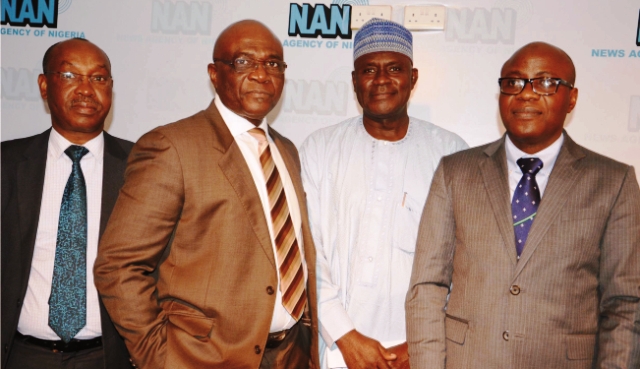Business
‘Accounting Records, Panacea For BUsiness Growth’

Accurate accounting
records has been said to be a prerequisite to business growth, survival and continuity.
A professional accountant and business man, Elder Levi Macauley said this during his paper presentation titled, ‘Financial Freedom Consequent Upon Proper Accounting’ at the Youth and Profession/Skill programme organised by the Adventist Youths Ministries of the Seventh Day Adventist Church, Mile One, Port Harcourt Central District, last Sunday.
Macauley who noted that many businesses have gone bankrupt in recent times said the cessation of the businesses were due largely to the reckless and uncontrolled spending leading to their inability to discharge their day to day financial obligations.
Macauley said “in any type of business one is engaged in, it is proper to keep accurate records which is a prerequisite to business growth, survival and continuity. Some of the businesses that are bankrupt today could have survived and continued were there proper accounting mechanism to control their actions and also result in financial freedom”.
Explaining financial freedom as a period of financial independence of an individual, company, corporation or government, Macauley said such was a time when financial obligations are conveniently discharged with internal resources without resorting to outside borrowing during the period under consideration.
“On the other hand, if an individual, business entity, corporation or government is not indebted to anyone or business, the person or business entity is also said to be enjoying financial freedom within the same period”, he said.
While noting the present harsh economic situation in the country, Macauley called on entrepreneurs, government and business owners to become more diligent with a view of ensuring financial freedom in order to stay in business and obtain a sustained livelihood.
Lady Godknows Ogbulu

